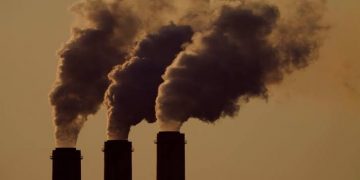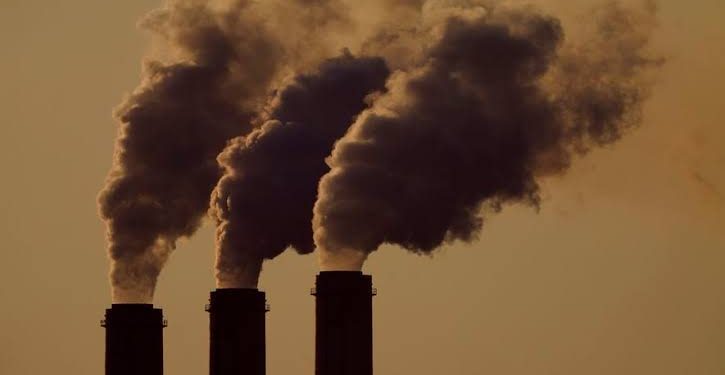By John Ikani
A huge leak of documents has revealed how countries are trying to change a crucial scientific report on how to tackle climate change.
According to the leak, Saudi Arabia, Japan and Australia are among the countries which are not interested to rapidly move away from fossil fuels and asking UN to play it down, reports BBC.
It also shows some wealthy nations are questioning paying more to poorer states to move to greener technologies.
This “lobbying” raises questions for the COP26 climate summit in November.
It shows countries pushing back on UN recommendations for action just days before they will be asked to make significant commitments to slow down climate change and keep global warming to 1.5 degrees.
The leaked documents consist of more than 32,000 submissions made by governments, companies and other interested parties to the team of scientists compiling a UN report designed to bring together the best scientific evidence on how to tackle climate change.
The leak shows a number of countries and organisations arguing that the world does not need to reduce the use of fossil fuels as quickly as scientific reports recommended.
On eating less meat, Brazil and Argentina, two of the biggest producers of beef products and animal feed crops in the world, argue strongly against evidence in the draft report that reducing meat consumption is necessary to cut greenhouse gas emissions.
The draft report states “plant-based diets can reduce greenhouse gas emissions by up to 50% compared to the average emission intensive Western diet”. Brazil says this is incorrect.
Both countries call on the authors to delete or change some passages in the text referring to “plant-based diets” playing a role in tackling climate change, or which describe beef as a “high carbon” food. Argentina also asked that references to taxes on red meat and to the international “Meatless Monday” campaign, which urges people to forgo meat for a day, be removed from the report.
A significant number of Switzerland’s comments are directed at amending parts of the report that argue developing countries will need support, particularly financial support, from rich countries in order to meet emission reduction targets.
It was agreed at the climate conference in Copenhagen in 2009 that developed nations would provide $100bn a year in climate finance for developing countries by 2020, a target that has yet to be met.
Australia makes a similar case to Switzerland. It says developing countries’ climate pledges do not all depend on receiving outside financial support. It also describes a mention in the draft report of the lack of credible public commitments on finance as “subjective commentary”.
A number of mostly Eastern European countries argue the draft report should be more positive about the role nuclear power can play in meeting the UN’s climate targets.
India goes even further, arguing “almost all the chapters contain a bias against nuclear energy”. It argues it is an “established technology” with “good political backing except in a few countries”.
The Czech Republic, Poland and Slovakia criticise a table in the report which finds nuclear power only has a positive role in delivering one of 17 UN Sustainable Development goals. They argue it can play a positive role in delivering most of the UN’s development agenda.




































